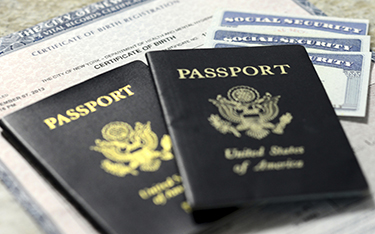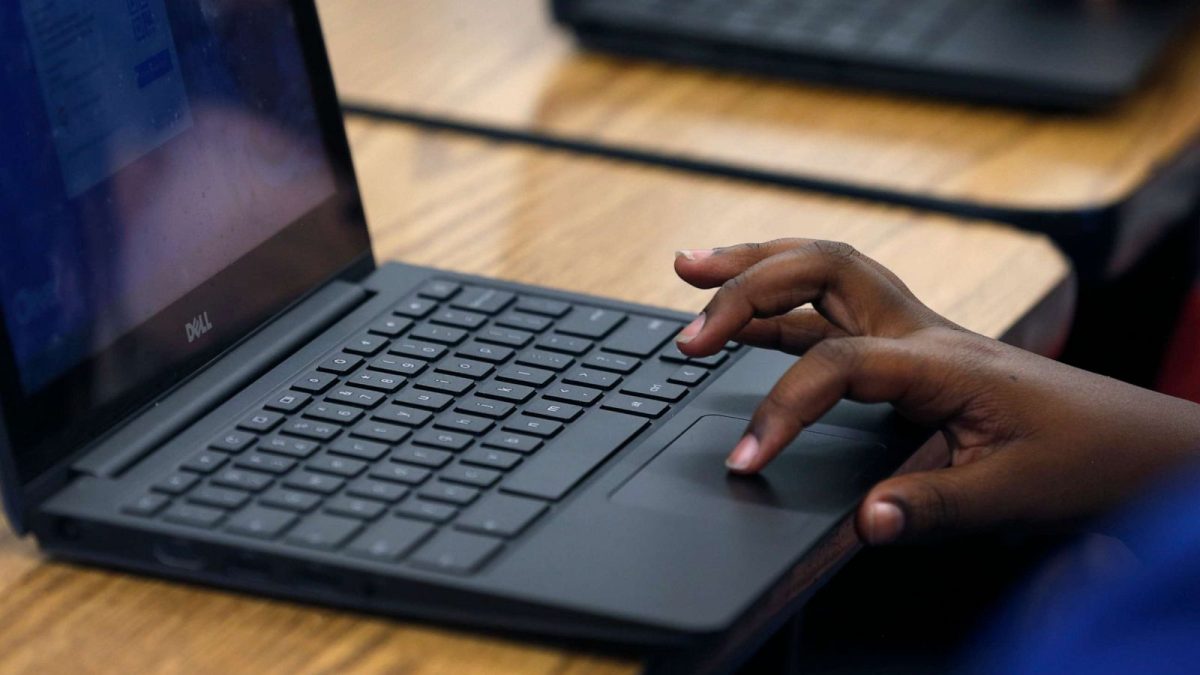Managing money is extremely tricky, especially in today’s world, where inflation has peaked. From overspending on credit cards to not building an emergency fund, Americans make decisions that negatively affect them, which can cause serious financial issues. However, we have found several different ways to help them make educated decisions that won’t lead them into terrible debt.
Overspending on credit cards is one of the many ways Americans slowly start to lose money. Credit cards may be easier to use, but they lead to more money being spent. Minimum payment requirements and high interest rates can cause debt to add up, which can take years to pay off. One way to avoid this is by having a budget for your money. Budgeting is setting a limit on daily spending, like groceries, rent, subscriptions, and miscellaneous expenses.
Another way Americans lose money is by not building an emergency fund. While it tends to be hard to save money when you live paycheck to paycheck, any little amount of money you can set aside into an emergency fund will build up. Using paychecks to pay for everything can leave little money for unexpected incidents such as car repairs and medical bills. These expenses can take a lifetime to pay back without an emergency fund. To avoid this, creating a small savings account and adding more to it every few months can benefit you in the long run.
Many people ignore retirement savings, causing senior citizens to work to support themselves. Without starting a retirement fund early on, it can be hard to catch up and earn enough money to retire. Like previously stated, it tends to be harder to save money in separate accounts when you live paycheck to paycheck, but even a dollar or two contributed to an IRA (Individual Retirement Account) can eventually grow with compound interest.
Falling for lifestyle inflation is another big money trap people fall for. After an income increase, many people can upgrade many things to appear more valuable. Instead of upgrading aspects of your life, resisting the urge can help save money for retirement.
Many Americans lose lots of money from bank account fees and investment management charges. This is directly connected to the fact that 76% of the population is reading at a 3rd grade level. They’ll skip over what they don’t understand and continue to pay for things they don’t need. One way to avoid this is to get rid of unnecessary fees by checking all of your accounts for hidden fees and switching to lower-cost options. Another way to save money is to cancel all unwanted subscriptions.
Overspending on a home can decrease your budget for years, which can result in smaller budgets for other expenses and goals. Many people focus on the maximum they can spend instead of what they can comfortably afford. Before buying a home, consider whether you can truly afford to buy that dream house and still be able to afford food, clothes, and your bills.
Trying to go without insurance to save money can backfire when an emergency or accident occurs, leaving a deep hole in your savings. Without insurance, paying off an unexpected incident can take a lifetime, putting a stop to other wanted expenses in your life. Ensuring you have insurance can save you from unexpected events.
For Americans, avoiding these money traps can prevent financial problems, reduce stress about money, and reduce debt risk. By saving on simple things and putting that money into savings accounts, you can have money backed up if your paycheck can’t cover your expenses. It can also build a more secure future, which is extremely important. Staying mindful of spending and protecting yourself with insurance can lead to financial freedom!






















